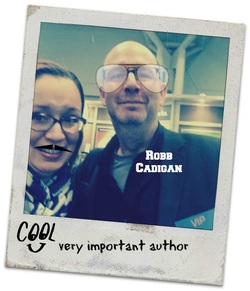
"I’d heard the book was good. Everyone in the neighborhood raved about it. But you know me: I hafta see it for myself. I said: “I’ll be the judge.”
And you know what? It’s Good! I mean like RandomPenguinHouse you should pick it up and republish it good.
Yep. It’s a coming of age story set in Phoenixville PA, a sleepy mill town in suburban Philadelphia. Like many mill towns, Phoenixville was glorious in its heyday. I was born in Pittsburgh so I can relate to this reminiscence. But don’t let the former mill town saga get you down. Phoenixville Rising is a story of a bunch of streetwise kids and how they cope with life in this town. Think of it as a modern day Outsiders, by SE Hinton. There are a slew of reasons these kids should do better.
And a slew of reasons why you love them anyway. Remember your first love? Your first fight? Your yearning to leave a legacy?
Yeah that.
Happens to us all.
And it happened in Phoenixville."
Wow. Check out the full review over on the Unconventional Librarian blog. And hear the explanation behind the attached photo. Sort of.
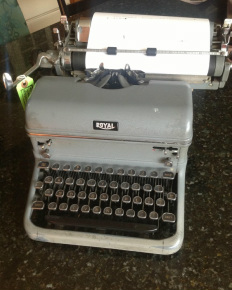
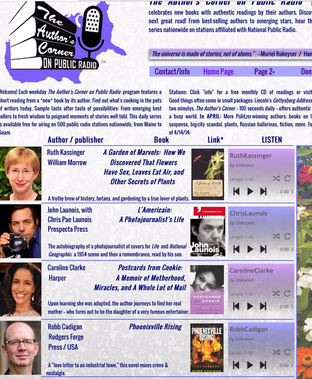

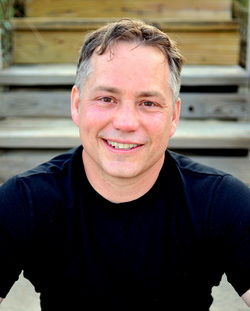
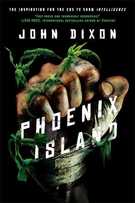
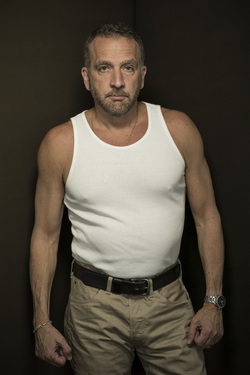
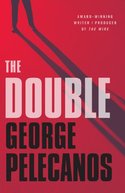

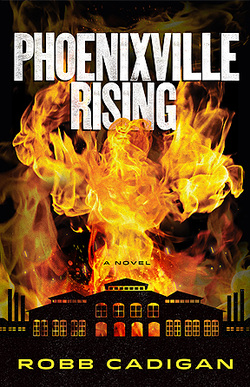
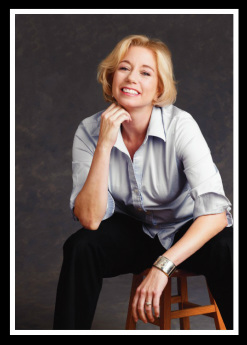
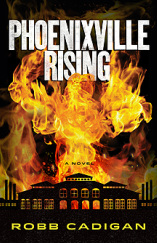

 RSS Feed
RSS Feed
